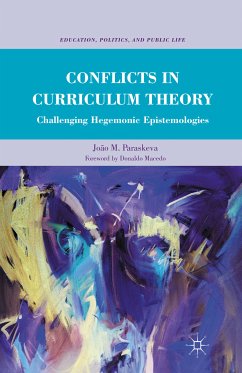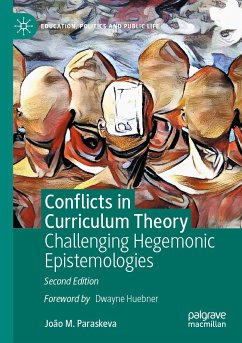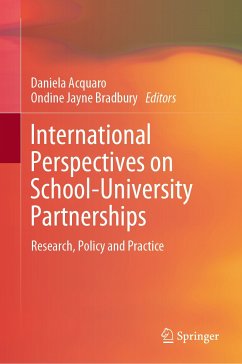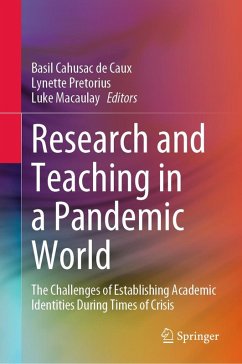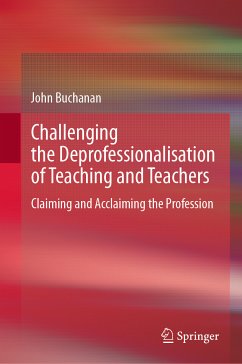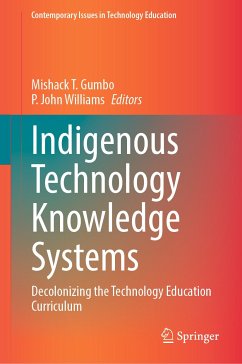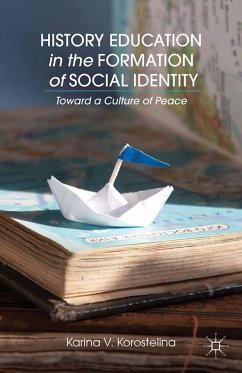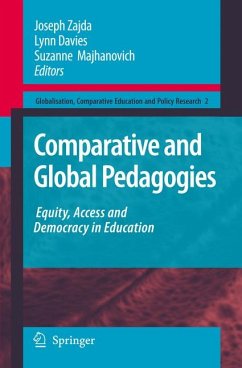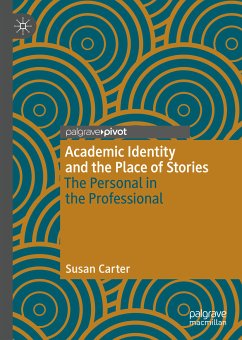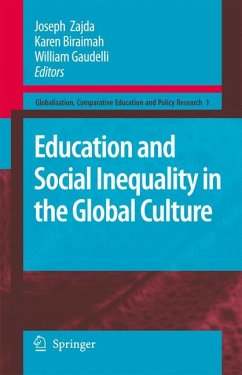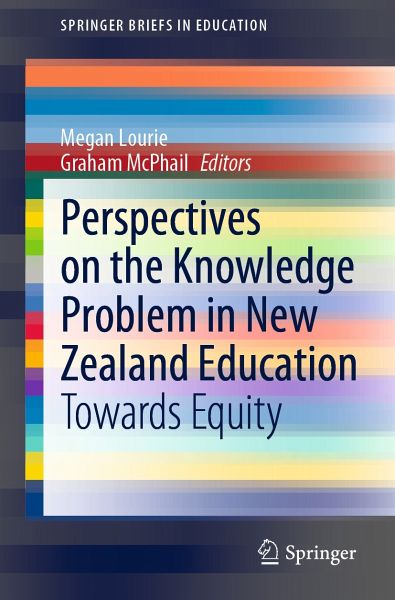
Perspectives on the Knowledge Problem in New Zealand Education (eBook, PDF)
Towards Equity
Redaktion: Lourie, Megan; McPhail, Graham
Versandkostenfrei!
Sofort per Download lieferbar
52,95 €
inkl. MwSt.
Weitere Ausgaben:

PAYBACK Punkte
26 °P sammeln!
This book offers new ideas for thinking about how more equitable outcomes might be achieved in New Zealand so that all students are well-equipped to live and work in contemporary society. It addresses a social justice concern about access to the unique affordances of subject knowledge which comprises two forms of knowledge - propositional (knowledge-that) and applied knowledge (know-how-to). The book provides perspectives on curriculum design by grounding arguments in a theory of knowledge. It describes the different knowledge forms of the theory, and argues that understanding these difference...
This book offers new ideas for thinking about how more equitable outcomes might be achieved in New Zealand so that all students are well-equipped to live and work in contemporary society. It addresses a social justice concern about access to the unique affordances of subject knowledge which comprises two forms of knowledge - propositional (knowledge-that) and applied knowledge (know-how-to).
The book provides perspectives on curriculum design by grounding arguments in a theory of knowledge. It describes the different knowledge forms of the theory, and argues that understanding these differences is significant for curriculum design and enactment. It explains why the current imbalance between knowledge forms is a problem, and offers suggestions for change. Understanding about knowledge itself enables more just and equitable outcomes for all students. This book illustrates how different knowledge types and forms can be used together productively to help students develop adaptive expertise for the 21st century, making it a valuable contribution to the field of education.
Dieser Download kann aus rechtlichen Gründen nur mit Rechnungsadresse in A, B, BG, CY, CZ, D, DK, EW, E, FIN, F, GR, HR, H, IRL, I, LT, L, LR, M, NL, PL, P, R, S, SLO, SK ausgeliefert werden.



